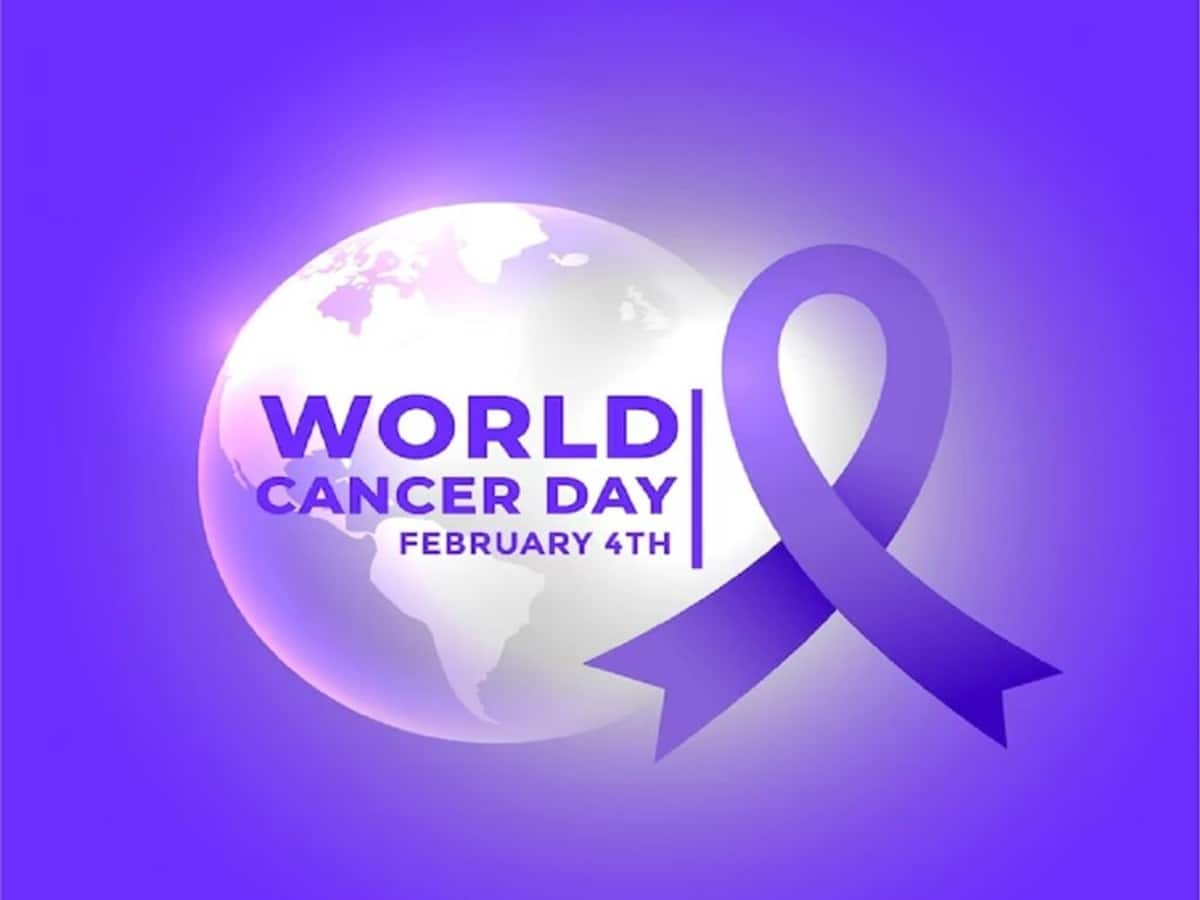Share this @internewscast.com

Incidences of cancer is increasing in the world and especially in India. Ahead of World Cancer day, Dr. Sandip Bartakke elaborates on the role of lifestyle and genetics in cancer and highlights importance of general public awareness and early detection.
Every year on February 4th since 2000, the world has come together to commemorate World Cancer Day to raise awareness about the disease and emphasize its early detection and prevention. The ongoing theme, ‘Close the Care Gap’, is a 3-year campaign which commenced in 2022 to recognize the urgency in promoting equity in healthcare across regions and demographics through collaborative efforts to make a significant difference and reduce the global burden of cancer. Cancer remains one of the leading causes of death globally, accounting for nearly 10 million deaths in 2020. Further, an estimated 400,000 children develop cancer each year.
Dr. Sandip Bartakke, a Pediatric Hemato Consultant and Oncologist at Surya Mother and Child Super Specialty Hospital, Pune spoke to TheHealthsite.com on ‘The role of lifestyle and genetics in the rising incidence of cancer in India and the requirement of general public awareness and early detection.’
India’s Increasing Cancer Burden
India’s cancer burden has been raising concerns over the past few years over 1.4 million cases of cancer were reported in 2022, while the nation’s cancer burden is estimated to increase to over 1.5 million by 2025. Further, according to a study conducted by the Lancet Regional Health Southeast Asia journal, India was the second-highest contributor to the cancer burden in Asia in 2019, accounting for 1.2 million cases and 930,000 deaths that year. According to a study, one in nine people are likely to develop cancer in their lifetime in India with breast and lung cancers being the most prevalent in women and men, respectively. In children aged between 0 and 14 years, lymphoid leukaemia is the most common cancer recorded.
Role of Genetics and Lifestyle
Although carcinogens such as radiation and viral infections are common perpetrators of the disease, genetics and lifestyle factors often also largely contribute to the chances of developing cancer. Nearly 10% of all cancers may be caused due to hereditary changes if a parent passes a mutated BRCA1 or BRCA2 gene to their offspring, the child will have higher probability of developing cancer. Lifestyle and quality of living also play a pivotal role in determining the chances of developing cancer. Factors such as smoking, tobacco, inadequate/unhealthy diets, lack of physical activity, obesity, and stress can also majorly contribute to the development of cancer.
Need for General Public Awareness for Early Detection
Despite the concerns and fears around the disease, it is imperative to note that about 30%-50% of cancers are preventable through early detection, avoiding risk factors, and prompt treatment. To detect early signs of cancer, it is recommended to look out for often-neglected signs, such as fatigue, prolonged periods of coughing, chest pain, unexplained weight loss, and changes in bowel habits, along with the commonly known symptoms such as unexplained bleeding and the emergence/changes in lumps and moles.
Cervical and liver cancers can be prevented in large part by vaccination. The hepatitis B vaccination greatly lowers the risk by providing protection against the virus that might cause liver cancer. Comparably, the HPV vaccination prevents infections that can lead to cervical cancer by focusing on high-risk strains of the human papillomavirus.
Through timely detection of symptoms, an early diagnosis of cancer massively increases the probability of a successful treatment response and greater survival chances. Further, timely screening procedures such as mammography and HPV (human papillomavirus) screening could further ensure early detection of breast and cervical cancers, respectively.













